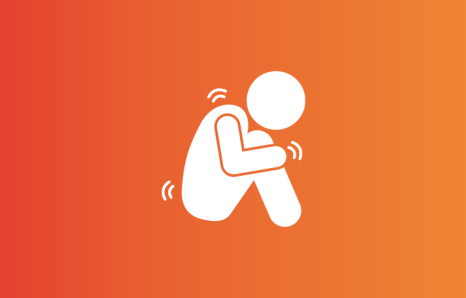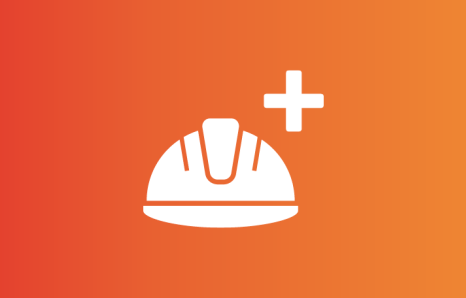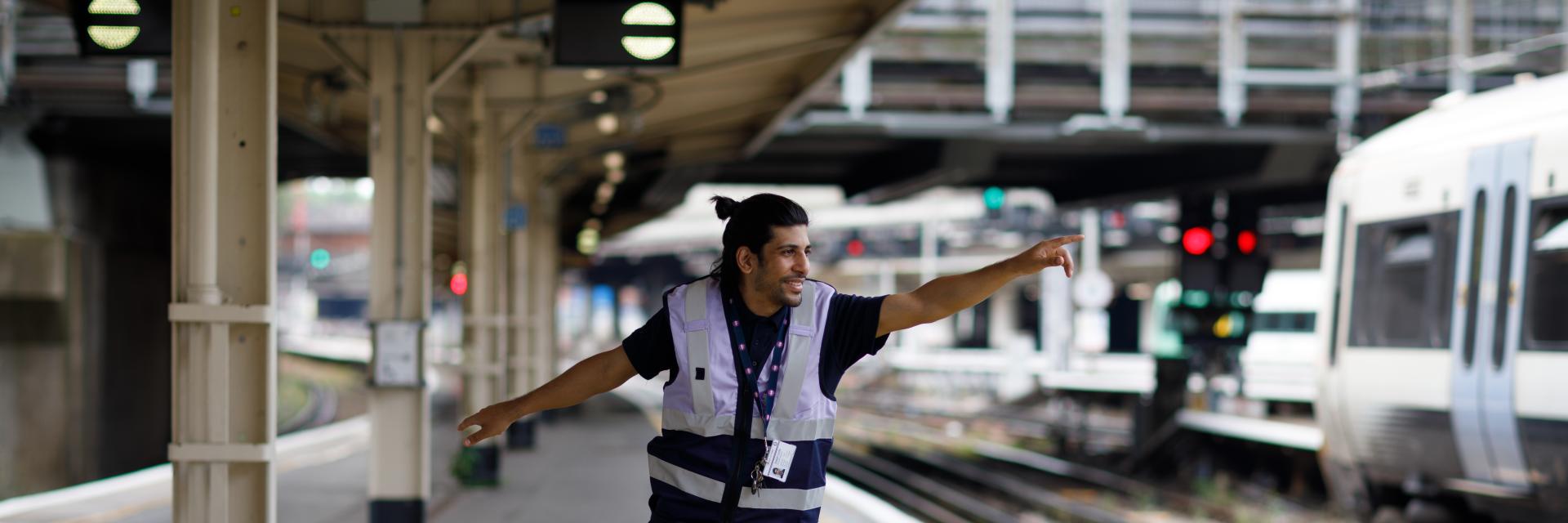Deborah Edmonds and Rupert Lown will explore how we can all contribute to improving our alertness when we are working on shifts. Shift working can be a bind, but a bit of thinking and with some small adjustments we can make ourselves more alert – and you won’t need cans of energy drink or treble expressos! Our lives are hectic, we often have young families, caring for parents, grappling to sleep in very hot weather. All of these are things we have to live with, but there are tips and tricks to help us and we will explore these with you.
You may also be interested in:

Strategies for coping with trauma
Working in the rail industry can expose people to potentially traumatic events. As a manager, you want to be equipped with the tools to protect and support your team. The team and organisation around a person can play a big role in a person's recovery after an event. This session gives practical steps managers can take before, during and after an event to reduce the risk to mental health. Managers will also learn how they can protect themselves from burnout and vicarious trauma when supporting trauma-exposed colleagues.

Measuring health and wellbeing performance
How can we capture all incidents of poor health and wellbeing? What factors affect our confidence in the data? How can we use the data to inform health interventions? If you’re involved in measuring health and wellbeing performance, this session answers questions you may have.

How to deal with work-related violence
Everyone should be able to do their job without someone threatening, assaulting or harming them. But on the railway’s front line, sadly, that isn’t always the case. In fact, RSSB statistics show that a staggering 94.1% of frontline staff have experienced workplace abuse. In this session, British Transport Police’s Inspector Keith Barnes describes how incidents of violence against railway staff can occur and how to de-escalate them. He also talks about how body-worn cameras can be both a deterrent and an aid to evidence-gathering once an assault has occurred.
